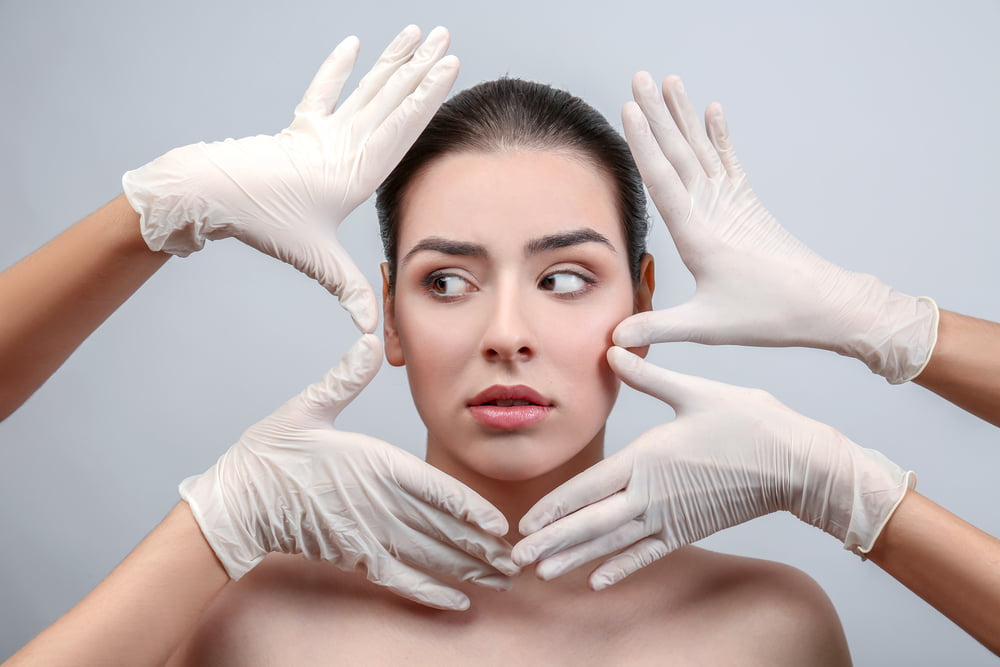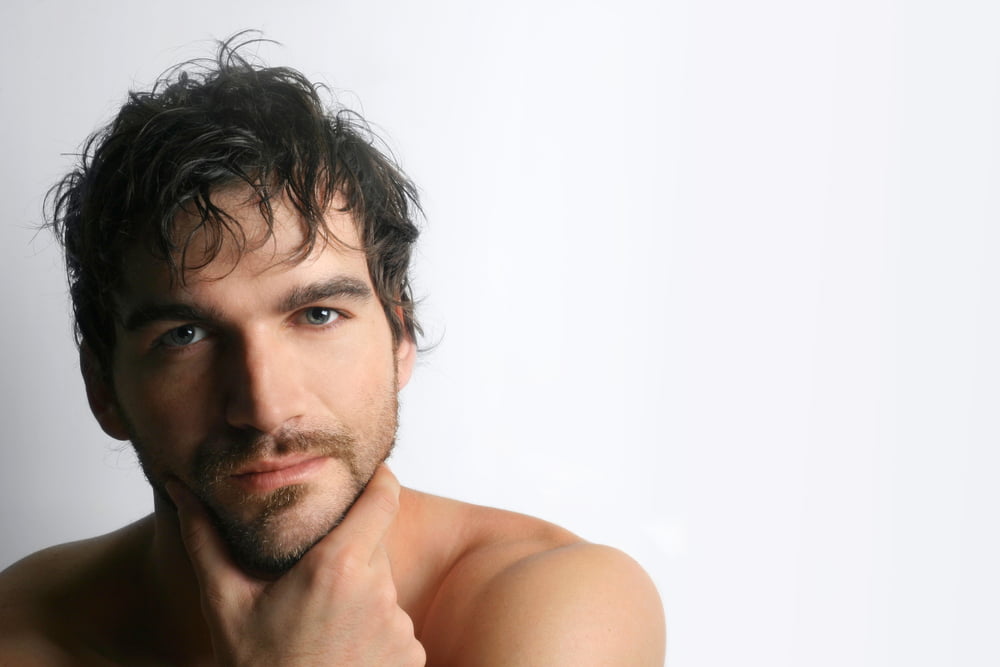

Acne is a very common skin condition that affects millions of people around the world.
A combination of factors can lead to acne, including hormonal imbalances, bacteria, and the buildup of dead skin cells and oil in the pores. While there are many treatments available for acne, one that is gaining particular popularity is intense pulsed light (IPL) therapy.
There are a variety of factors that can contribute to the development of acne, including genetics, hormonal changes, and certain lifestyle and environmental factors.
One of the main causes of acne is an excess of oil production in the skin. The skin contains tiny pores that are connected to oil glands, which produce an oil called sebum. When these pores become clogged with excess sebum, dead skin cells, and bacteria, it can lead to the development of acne.
Hormonal changes, such as those that occur during puberty, pregnancy, and menopause, can also contribute to acne. During these times, the body produces higher levels of certain hormones, such as testosterone, which can stimulate the production of sebum and lead to the development of acne.
Certain lifestyle and environmental factors can also contribute to acne. For example, consuming a diet high in processed and sugary foods, not cleansing the skin properly, and using certain cosmetics and skincare products can all contribute to the development of acne. Similarly, environmental factors, such as pollution and high humidity, can also contribute to acne.

IPL therapy uses high-intensity pulses of light to target and destroy the bacteria that cause acne, as well as the overactive oil glands that contribute to the formation of pimples.
The light energy also stimulates the production of collagen and elastin, two proteins that are essential for maintaining healthy, radiant skin. One of the biggest advantages of IPL therapy for acne is that it is a non-invasive treatment that does not require any downtime. It is also relatively quick, with most sessions lasting about 30 minutes. The number of treatments needed will vary depending on the severity of the acne, but most people see significant improvement after just a few sessions.
View TreatmentIn addition to its effectiveness in treating acne, IPL therapy also has other benefits.
It can help to improve the overall tone and texture of the skin, reducing the appearance of fine lines and wrinkles. It can also help to reduce the appearance of sun spots, freckles, and other hyperpigmentation. As with any medical treatment, it is important to choose a qualified and experienced provider for your IPL therapy. The provider should be able to assess your skin and determine the best course of treatment to achieve the best possible results.
View Treatment
In conclusion, IPL therapy is a safe and effective treatment option for acne.
It can help to destroy the bacteria that cause acne, as well as improve the overall tone and texture of the skin. With its quick and non-invasive nature, it is an appealing choice for many people who are looking to improve their acne and achieve healthy, radiant skin.
Book an Appointment
